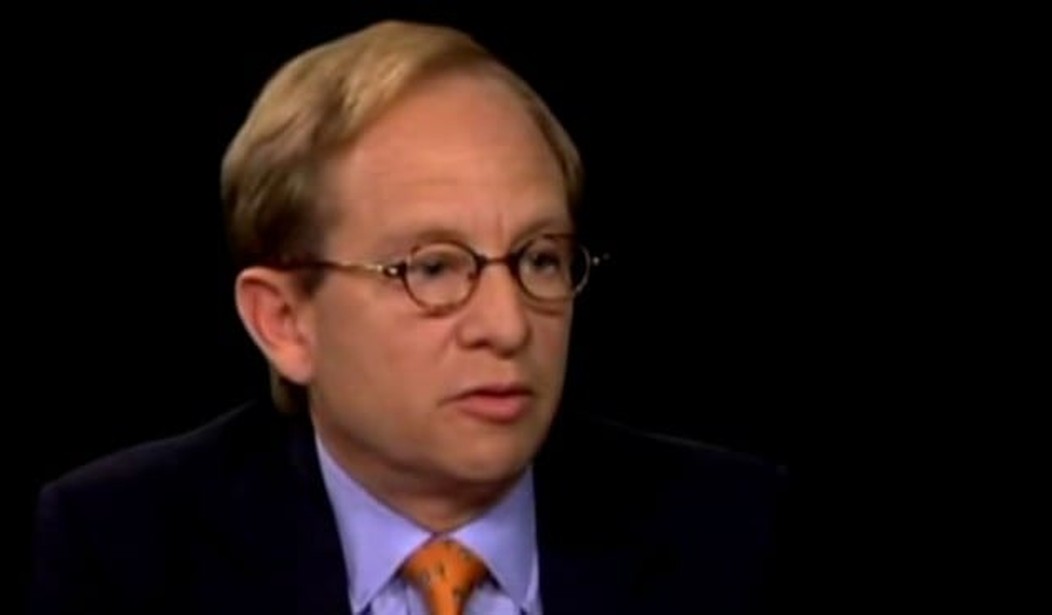WASHINGTON – Former Obama administration auto czar Steve Rattner, who headed the task force in charge of the auto industry bailout in 2009, defended the decision to hike pensions for United Auto Workers (UAW) members during General Motor’s (GM) bankruptcy proceedings.
Rattner told the House Oversight and Government Reform Subcommittee on Government Operations last week that hourly employees who received supplemental pension benefits, known as “top-ups,” were in a different situation than salaried employees who did not because of a pre-existing agreement that pre-dated GM’s bankruptcy.
The panel was convened to investigate the administration’s role in protecting UAW workers’ pensions while allowing cuts to pensions and other benefits for more than 20,000 salaried employees at Delphi Corp., an auto parts supplier.
The GM bailout cost taxpayers nearly $50 billion, with the federal government taking over more than 60 percent of the automaker after it went bankrupt. Delphi, which was GM’s largest supplier of parts, had been itself in bankruptcy since 2005 and did not have enough money to fund its pensions.
Under the bailout, the automaker agreed to fully fund pension obligations of former hourly employees who were members of the UAW union and had worked at GM’s Delphi before it became an independent company in 1999. But the Obama auto task force told GM not to do the same for salaried Delphi employees who had also worked at the parts supplier before it was spun off, Rattner said.
“There were any number of places and times where [GM] would recommend or suggest doing something that we did not feel was commercially reasonable and this was one of them,” he said.
Before spinning off Delphi into an independent company, GM fully funded pensions for salaried employees, but not for hourly workers, who at that time negotiated for a top-up agreement, Rattner explained.
Because of this agreement, he said, GM was under no obligation to top-up pensions of salaried employees and doing so “would have been like paying for the pensions twice.”
“Such an action, while generous, would not have been consistent with the goals of restoring GM to viability or protecting U.S. taxpayers’ investment,” Rattner said.
Rattner said the decision to top-up the UAW pensions was made by GM managers with union input and not by government officials. He also acknowledged the UAW had the power to shut down GM if the existing agreement was not honored.
“The UAW was an absolutely critical party to bring to the negotiating table. They had the power to hold up a deal in bankruptcy or to strike, either of which could have been devastating to GM’s efforts to get back on its feet and in turn, to the U.S. economy,” Rattner said. “This disparity in bargaining leverage may not seem fair, but it was the reality.”
A report released in August by the inspector general overseeing the $700 billion Troubled Asset Relief Program (TARP) said the auto task force had an important role in approving GM’s decision to top-up the UAW pensions.
According to the report, government officials led by Rattner were worried the UAW could stall GM’s reorganization and pressured the automaker to reach agreement quickly on its pension liabilities. The report stops short of criticizing Treasury but highlights the government’s controversial role of picking winners and losers during the financial crisis.
Rattner and other members of the auto task force told lawmakers their job was to ensure GM emerged from bankruptcy as a viable company while acting “as prudent custodians of taxpayers money.”
“To achieve these goals, we were guided by the principle that Treasury as GM’s investor and partner in bankruptcy was entitled to set parameters and provide guidance to GM that was consistent with what would be commercially reasonable,” Rattner said.
Christy Romero, special inspector general for TARP and the author of the report, said her investigation did not find any evidence the decision was politically motivated.
“We did not find evidence that political clout of the UAW was a factor in GM and Treasury’s decision,” Romero said.
Romero, however, disputed the Treasury’s earlier assurances that it had only played an advisory role in the decision.
“The public statements Treasury made downplayed their involvement, downplayed their role,” she said. Romero said GM officials believed they “were not in control” during the bailout.
The Delphi pension payments have irked many Republicans, particularly Rep. Darrell Issa (R-Calif.), chairman of the House Oversight Committee. Issa subpoenaed U.S. Treasury Secretary Jack Lew in August, claiming that the department had only turned over a fraction of the requested documents regarding the GM bailout. During the election campaign in 2012, Republicans called the auto bailouts unfair, for helping unionized Delphi employees, while leaving other Delphi pensions underfunded.
“Unionized Delphi retirees were made whole, because they just happened to be a politically-favored group,” said the subcommittee’s chairman, John Mica (R-Fla.). “Unfortunately, the salaried non-unionized pensioners were left out in the cold.”
The panel’s top Democrat, Rep. Gerald Connolly (Va.), challenged claims that the decision to top-up union workers’ pensions was a government policy.
“The bottom line is that GM’s refusal to top-up the pensions was a business decision,” Connolly said. “In a perfect world, perhaps GM would’ve prioritized the fairness over commercial interest and treated the pensions of all its former employees at Delphi equally. But bankruptcy’s not a perfect world – it’s an unfair and staggeringly difficult battle for survival itself.”









Join the conversation as a VIP Member